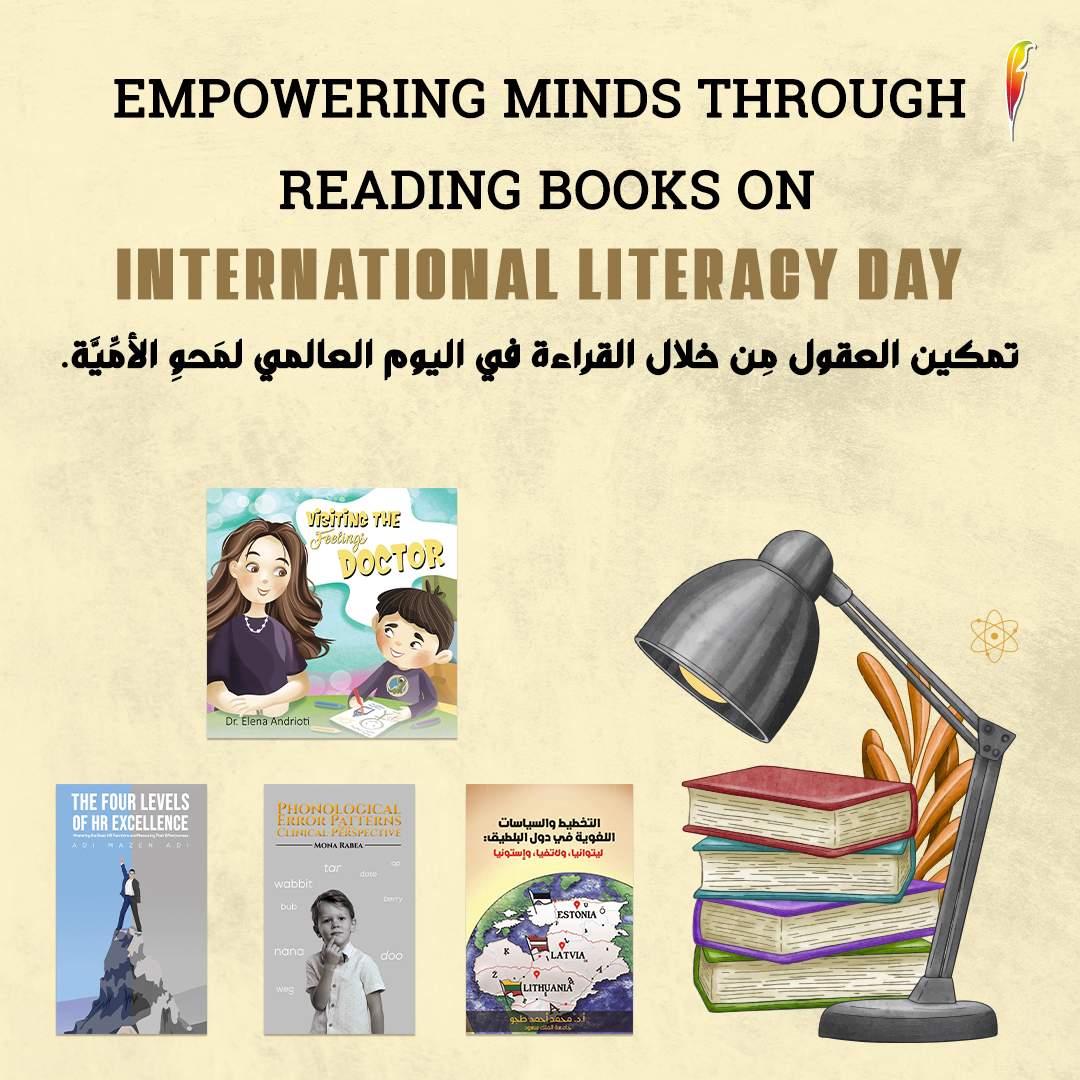The Holy Prophet Muhammad’s birthday is an auspicious occasion marked around the Muslim ummah. Known as Mawlid, Mawlid al-Nabi al-Sharif, or Eid Milad un Nabi, its name differs depending on what part of the Muslim World you live in.
The Holy Prophet’s life is an example for all of the followers of the Muslim faith and one that every believer tries to emulate.
Keeping this in mind, his birthday is an important religious event that many go out of their way to celebrate. Let’s learn more about the importance of the day in the Islamic calendar and five ways you can celebrate with your children.
Prophet Muhammad Birthday
The date the Holy Prophet was born is unknown, but estimates suggest it falls on the 12th day of the third Islamic month. Muslims worldwide celebrate this day as an opportunity to commemorate the Holy Prophet (pbuh).
The holy Prophet was born in his uncle’s house, Abu Talib, and his father had passed on before him. His mother, Amina, informed his grandfather when he was born, and he gave the Prophet his name, Muhammad.
The Prophet’s life is full of trials and tribulations, and as a child, he endured many painful events, like the death of his mother when he was six and the end of his grandfather two years later. His life is a testament to the fact that if you have faith in Allah, you can overcome all your struggles and trials.
As the Quranic ayat narrates:
Allah says in the Holy Quran, “And certainly We shall test you with something of fear; hunger; loss of wealth, lives and fruits (or crops), but give glad tidings to the patient ones.” (Quran, 2:155)
5 Ways to Celebrate Eid-Milad-Un Nabi
How do we celebrate Eid Milad Un Nabi? Here are five simple ways to remember the Prophet on this auspicious occasion and involve your children and other family members.
1. Remember the Prophet and Send Him Blessings
Remember the Prophet by reciting prayers to send him blessings. You can recite Darood, with the entire family participating. This is a beautiful way to remember the Prophet and a great way to involve your children. Learn the translation in your local language and explain its meaning to your children.
2. Learn About His Life
Deepen your understanding of the Prophet’s life and how he led it. Explore about his struggles and how he brought entire communities together to fight in the name of Islam. Learn about how he treated adversaries, women and children. There is a lesson in every chapter of his life, and as Muslims, we should try to learn and implement.
- Express Gratitude
Thank Allah for everything you have, including your good health. Engage your family members in listing everything they are thankful for and offer prayers of gratitude. This will bring you closer to Allah and remind you not to be ungrateful or spiteful of others.
4. Give Charity
Dedicate your day to a local charity or organization that helps others. The Holy Prophet dedicated his life to the human race and furthering the message of Islam. In that spirit, do what is in your power to help fellow human beings and remind them of the great person the Holy Prophet was.
The Holy Prophet said: The believer’s shade on the Day of Resurrection will be their charity” (Hadith, Tirmidhi).
5. Read the Quran
Read the Quran with meaning and translation. It is not only important to read the Quran, but you should also know what you are reading. In your local language, learn the meaning and translation of what the Holy Book says and pass this knowledge on to your children.
Remember the Prophet on Eid Milad un Nabi
Eid Milad Un Nabi is an excellent time to renew your faith and connection with Islam and the Holy Prophet. If you have yet to delve into the history and the life of the Holy Prophet, this day is the perfect time to start.
Make sure to purchase some books ahead of time so that you can take the time to read and learn more about his life. Set time aside to read to your children and tell them about the life of the Prophet and the critical lessons we can all learn from his life.
Connect with Austin Macauley Publishers for more such blogs, and submit your manuscript if you want to publish your work. You can also make a quick and easy submission through the online submission form. You can stay updated with our new releases and activities by joining our family of authors and readers on Facebook, Twitter, and Instagram.







